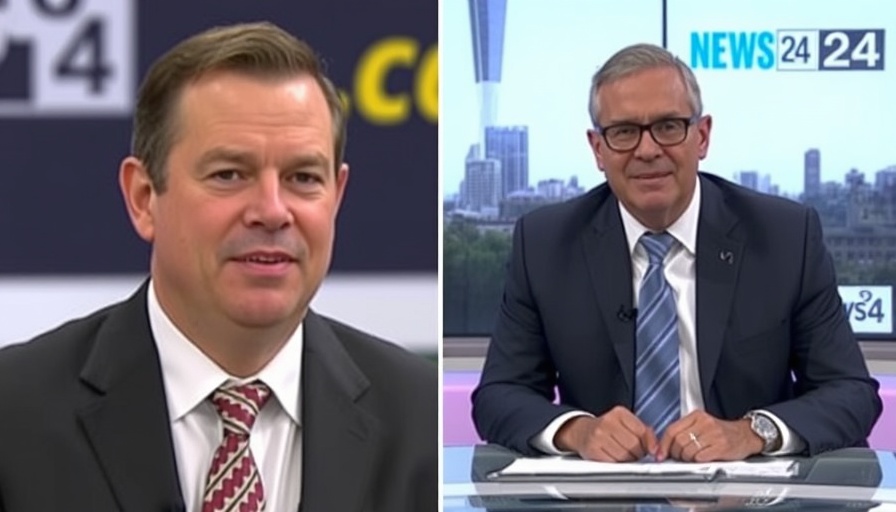
Capitec Unites With Schreiber: What It Means for South African Banking
In a bold move reflecting its commitment to corporate excellence and accountability, Capitec Bank has publicly shown its backing for Schreiber, a pivotal player with substantial influence within the banking sector. This endorsement is particularly notable in light of current South African political dynamics marked by scrutiny over corporate governance and transparency in financial institutions.
The Court Ruling: Implications for Lungu's Funeral and Wider Governance Issues
In a surprising judicial decision, the court has halted the state funeral of former President Lungu. This controversial ruling speaks to the complex interplays of governance, public sentiment, and legal authority in South Africa, raising questions about the integrity and handling of state funerals amidst ongoing debates about legacy and accountability. The implications of this ruling extend beyond ceremonial matters, touching on broader themes of democracy and respect for public office.
Current Political Climate: Challenges Ahead for the ANC and Democratic Alliance
As South Africa approaches national elections, political tensions are escalating. The ANC (African National Congress) faces growing dissent from opposition parties, particularly the Democratic Alliance and EFF (Economic Freedom Fighters). The recent backing by Capitec for Schreiber could be interpreted as a strategic alignment that may influence voter sentiment and economic perspectives surrounding the upcoming elections. Observers anticipate a vociferous campaign season as parties strive to address concerns surrounding unemployment, service delivery, and corruption investigations.
Insights into Economic Recovery: The Connection to Load Shedding and Eskom Crisis
Amidst a turbulent economic landscape characterized by rising load shedding and an ongoing Eskom crisis, the government's policies are under intense scrutiny. South Africa's path to economic recovery hinges on addressing these critical infrastructural challenges. Politicians and economic analysts alike underscore the urgency for innovative solutions, particularly in light of ongoing unemployment rates hovering over 30%. How these issues are addressed could significantly affect voter engagement and the outcome of municipal elections.
Social Issues at the Forefront: Gender-Based Violence and LGBTQ+ Rights
As public discourse shifts, concerns regarding gender-based violence and the rights of LGBTQ+ communities remain paramount. The intersection of socio-political factors, heightened during the COVID-19 pandemic, has fostered significant activism aimed at urgently addressing these grave issues. It has shed light on societal attitudes towards marginalized groups and the urgent need for reform in both policy and public perception.
Calls for Proactive Change: Strategies for Engaging Youth in Politics
In the wake of mounting challenges from rising youth unemployment and skills development gaps, the need for political engagement among young voters is critical. Activists are advocating for increased representation and advocating for comprehensive education reforms to better prepare future leaders. These strategies not only aim to address current socio-economic conditions but also seek to empower the youth to play an active role in shaping their future.
Conclusion: The Path Forward for South Africa
As we continue observing significant events like Capitec's backing for Schreiber and the unfolding implications of court rulings, it becomes ever more vital for South Africans to actively engage with these developments. Political, economic, and social dynamics are intricately connected, and understanding their interplay will be crucial as the nation heads towards a pivotal election season. Citizens must remain informed, voice their opinions, and advocate for the changes they wish to see in a nation striving for progress.
 Add Row
Add Row  Add
Add 




Write A Comment